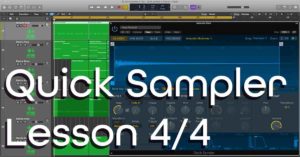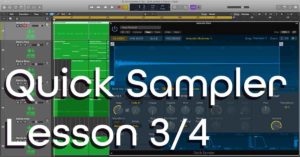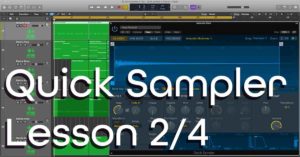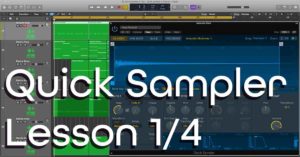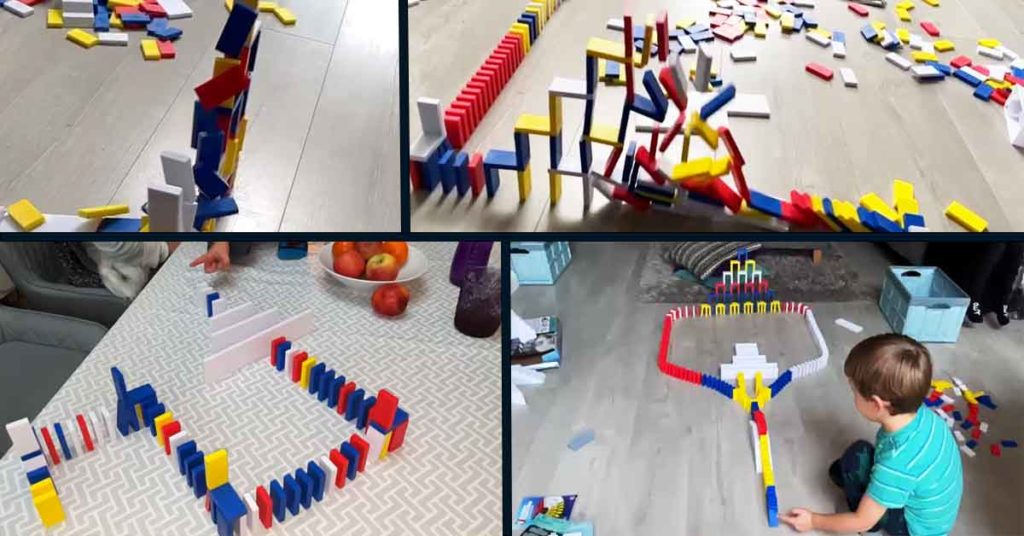
bemusiDarren
Dexter And The Dominos
5 Year Old Teaches (nearly) Old Fart
A short while ago I had family to stay here on the south coast of England. I feel lucky to have a close family and we spend a lot of time together. One of my family members is Dexter, a sharp, clever 5 year old, much loved by us who has the ability to be focussed and determined to learn when he finds something that interests, intrigues and fascinates him.
Dominos is that thing he loves most (certainly at the time of writing this). He avidly watches a YouTube domino artist who goes by the name of Hevesh5, her real name Lily Hevesh she builds the most extraordinary creations using hundreds of thousands of dominos that look as impressive standing as they do when falling.
Dexter doesn’t just enjoy watching the videos, he devours them learning all the lingo, which became a whole world of discovery for me including the fact it’s referred to as Domino Art not simply knocking down dominos as I knew it as a kid! Terms such as field starter, domino wall, sonimod, split offs, octotower, junctions, spirals were all tricks and techniques Dexter at the age of 5 was learning.
In music there are thousands of terms and sometimes it can be hard to understand how they relate to the art of music. Dexter’s approach to learning and OWNING these terms was fascinating to me.
A Natural Holistic Learner
What struck me most was the way Dexter developed his domino artist skills over a short period of time. He went from complete novice to completing bigger more complicated structures in an incredibly short space of time.
While watching him I was frustrated that every time he started to build he would only use a few of his hundreds of dominos. When I was 5 I’m pretty sure if I had 100s of dominos to play with I’d want to use them all. Build one long line and knock them down! But what would I learn from that? Any 5 year old could do that.
Dexter on the other hand had become a holistic learner, teaching himself to ‘micro learn’ by watching Hevesh5 demonstrate trick after trick that he would then model one by one.
By focusing on one thing at a time such as a sonimod, repeating it over and again on a small scale he, would master that technique faster and implement it into a grand design far more complex than my 5 year old self could ever dream of. Rather than look at the whole, all by himself he worked out the need to break it down and break it down again in order to fully understand what he was trying to achieve.
In music I feel we must take the same approach. All too often the focus is to add 100s of tracks in Logic, pick some chords, add a melody, add an EQ, add a compressor, add a counter melody quickly add a texture, add some synths, hits, braams, risers and bam we have the perfect trailer track but the following morning it doesn’t sound so perfect. So we tweak again add more tracks before realising it’s not the best idea in the world and we better move on. Been there? I have.
Another thing I’ve noticed today is music YouTube content creators record videos with the challenge of, ‘Watch My Epic Cinematic Track in 20 Minutes Challenge’. Don’t get me wrong, I like these videos and watch them but fear it can give the wrong impression that music should be completed in a race like fashion.
For YT content this is perfect, short sweet to the point but in practise what does it achieve? What do you learn? Is it possible it encourages us to feel that the faster you can write the more talented and impressive you are? Hevesh5 takes a different approach and perhaps that’s because there’s no shortcut to a colossal domino creation, patience, care, technique, thought and pre-planning are all essential traits; this message is certainly conveyed in her videos.
Personally I like the way Daniel James creates compositions. Sharing his content on Twitch and YouTube, some three and half hours long, taking viewers through the process of music creation. He is a talented composer happy to share the longer form process demonstrating the art of writing rather than the art of racing to the finish line.
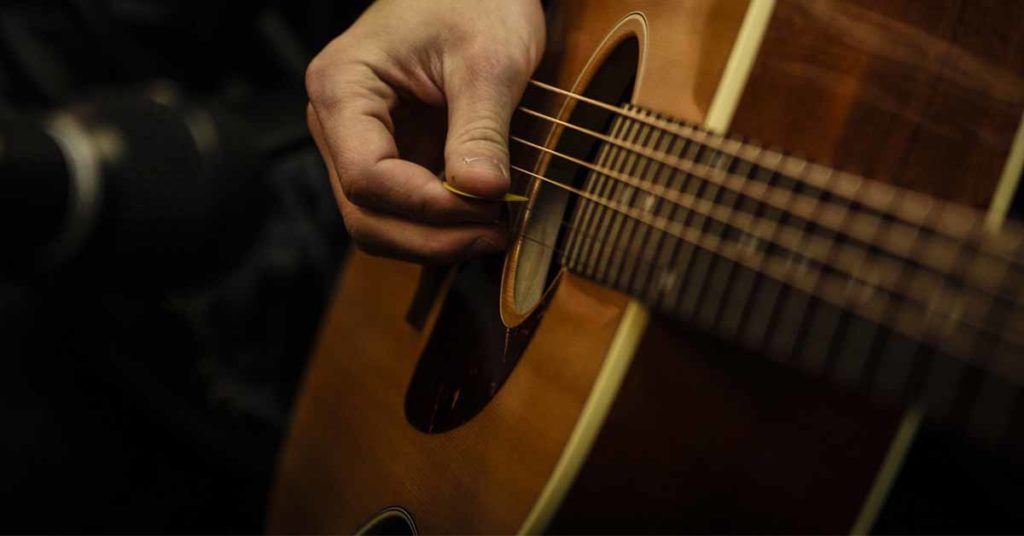
Practise Your 'Thing'
There are many important factors to keep in mind when practising but taking Dexter’s natural way of teaching himself to become, “a domino artist when I’m an adult” is a great example I shall definitely be using in the future. Here are some tips to micro learning, which will help you develop faster and more efficiently:
- Define what it is you want to practise?
- Find out and learn what ‘that thing’ is. That could be learning from YouTube, a book or even coaching programmes with me here at bemusi.
- Maybe even learn from multiple sources you’ll find many composers, teachers teach the same principle but come at it from a different angle.
- Once you have fully learnt and understood the concept practise, practise, practise on just ‘that thing’ you’ve learnt, the same way Dexter would repeat a particular domino trick.
- Once you’ve practised ‘that thing’ in isolation try it out in a slightly larger context. Does it feel natural? Have you fully grasped the concept? Does it feel and sound effortless?
- Finally once mastered it will become a natural part of your musical toolbox and will simply be at your musical disposal every time it’s needed.
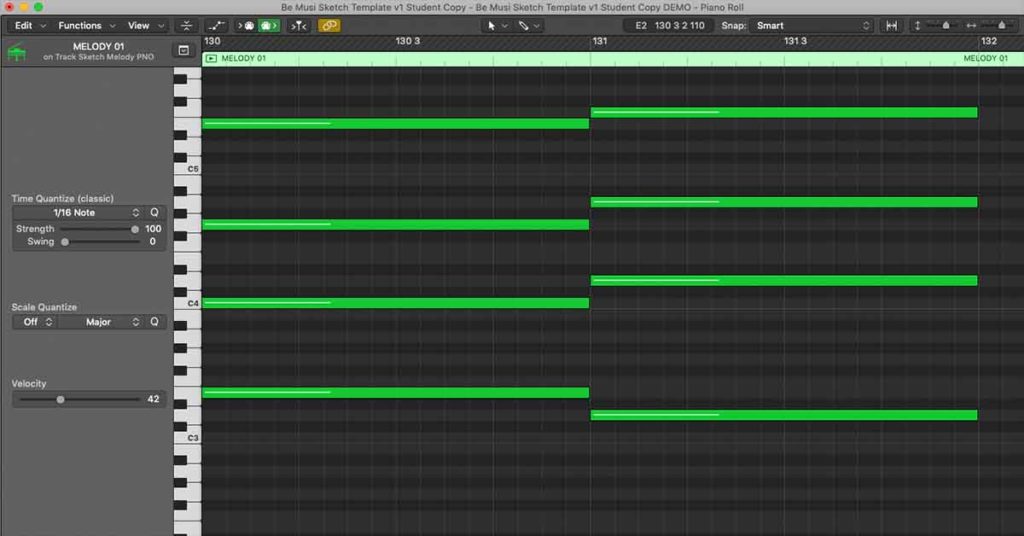
'My Thing'
For me I had an issue with my orchestral voicings, at times suddenly the music would sound thin or as Tchaikovsky would say hidden octaves and fifths are “very disagreeable”. How did I overcome this problem of a ‘disagreeable’ sound? I followed the idea of micro learning. Defined what I needed to learn and understand, in this case hidden 5ths and octaves, read about it, learnt from mentors and practised, practised, practised in isolation until I’d mastered the technique of avoiding concealed progressions. Am I perfect? Do I spot it every time? No but I reside myself to being positive, patient and optimistic that I’ll grow as time progresses and that’s the next lesson I learnt from Dexter.

"Positive Attitude and Optimistic Mindset"
The benefits of Dexter’s domino fascination went beyond the actual process of building complex creations. His attitude towards learning and creating was that of a Buddhist monk ( well, most of the time!), watching the domino artist Hevesh5 not only taught him a lot about creating domino art it also affected his whole attitude towards the process.
If you follow someone you admire and respect, you are more inclined to adopt their attitude and behaviours. When Dexter was showing me how to build something he would ask me to copy him with a “positive attitude and to have an optimistic mindset”. The very words Lily Hevesh would say in her videos.
Let me tell you from my limited experience building domino art it is not easy and you definitely have to have patience and a positive attitude.
Learning music is exactly the same, the building blocks are just like dominos. Techniques, theories and fundamental concepts are often interlinked like a domino tower. One wrong move and the whole thing can come tumbling down or sound ‘disagreeable’.
At the start of my career I would often find endings hard to achieve, they would always end up sounding weak or too classical in form when I was going for something more modern for the project I was working on. I’d struggle to get it right for me and the client and that was frustrating!
The problem wasn’t the sounds or samples but the fact I’d not spent time on the micro elements of learning about endings or cadences. I needed to go back to the drawing board and focus on micro learning. Cadences were something I found a touch dull but soon realised the only way to have more control over sound and my confidence in what I was doing was to learn the micro elements that go into an ending.
Focusing on the micro elements of endings I learnt multiple ways of orchestrating a close, be it a perfect authentic cadence or imperfect authentic cadence. I learnt the, a plagal cadence can be made to sound very plagal (the Amen ending) or not very plagal at all creating a more modern sound. I learnt the Dorian cadence and many other ways to end a theme or piece of music, all through taking a positive approach and focussing on the one thing I needed to develop. Now endings don’t trouble me.
What Dexter Has Taught Me
I have spent many years learning both from mentors, on my own, on the job and through shear need of not being fired. I’ve always looked at learning as, picking up a book, watching a video and watching someone tell me how to accomplish a particular musical technique. I never considered what my process of actually learning was. What is the best method to achieve success the fastest but retain the information at the same time?
Watching Dexter taught me to reassess how I actual develop, how I should approach learning and how to remember particular techniques. Prince, one of my favourite artists said “there’s joy in repetition”, Despite having hundreds of dominos Dexter proved to me by repeating the process of building small with only a handful of his dominos, perfecting a trick before moving on to build bigger and having a mentor that he could model both in terms of, domino art and attitude was the shortest route to his success.
He’s indirectly mentored me and reminded me of micro learning, a valuable approach to personal development. He has also taught me that we can find inspiration in all aspects of our lives beyond music, especially where we weren’t expecting it. So I say to you, always be on the look out for unexpected inspiration and something you can learn from and apply to your own art.
In my course Melody Masters I teach the idea that a musical phrase, which is a group of notes you can sing in one breath is the germ of an idea. If that’s weak your motif will be weak, your theme will be weak and the whole arrangement will fail achieve the strong sonority you are expecting to hear
Sometimes as composers we try to build big too fast and forget that we need to perfect the small first before we can accomplish the enormity of full orchestrations or arrangements.
Even with my years of experience being reminded by a bright young chap of 5 years old to focus on new concepts one at a time. Building slowly and gradually integrating it into my pallet of techniques is a very effective way of continuing to develop as a musician. As a composer I must remember to have a positive attitude and optimistic mindset in order to avoid a disagreeable sound!
Thanks Dexter! x
Stop Being Confused About Music
Subscribe to the be musi mailing list and learn more about music, be musi courses, how to develop your career, musicianship, and production skills.



